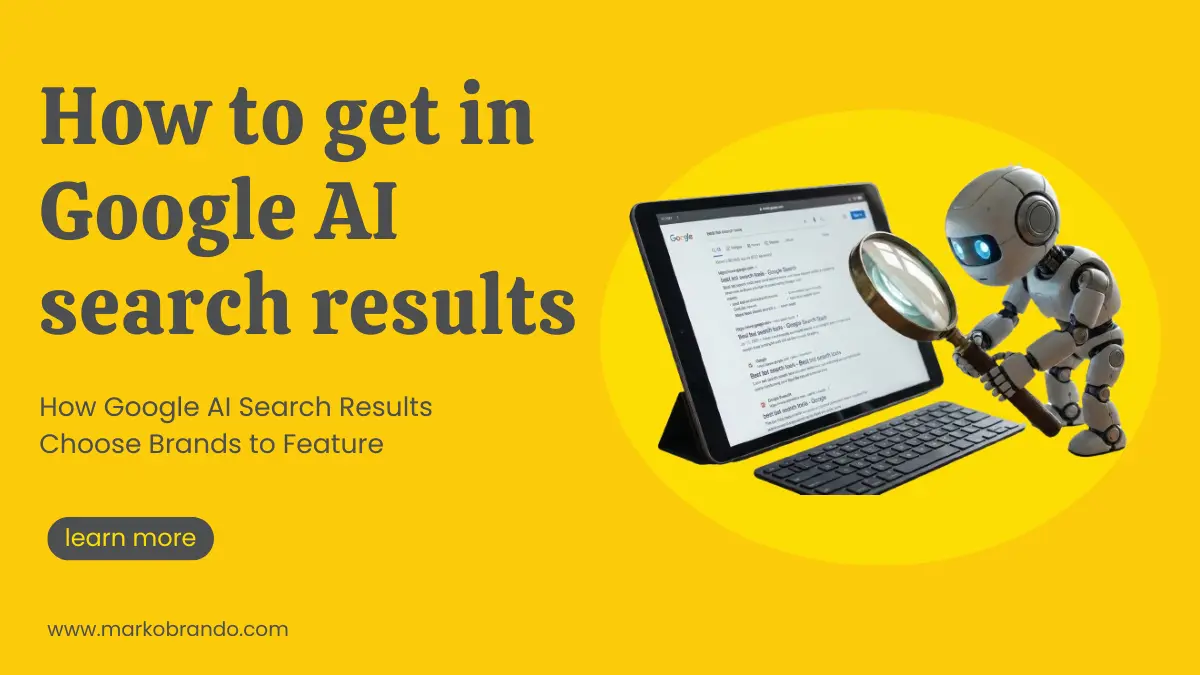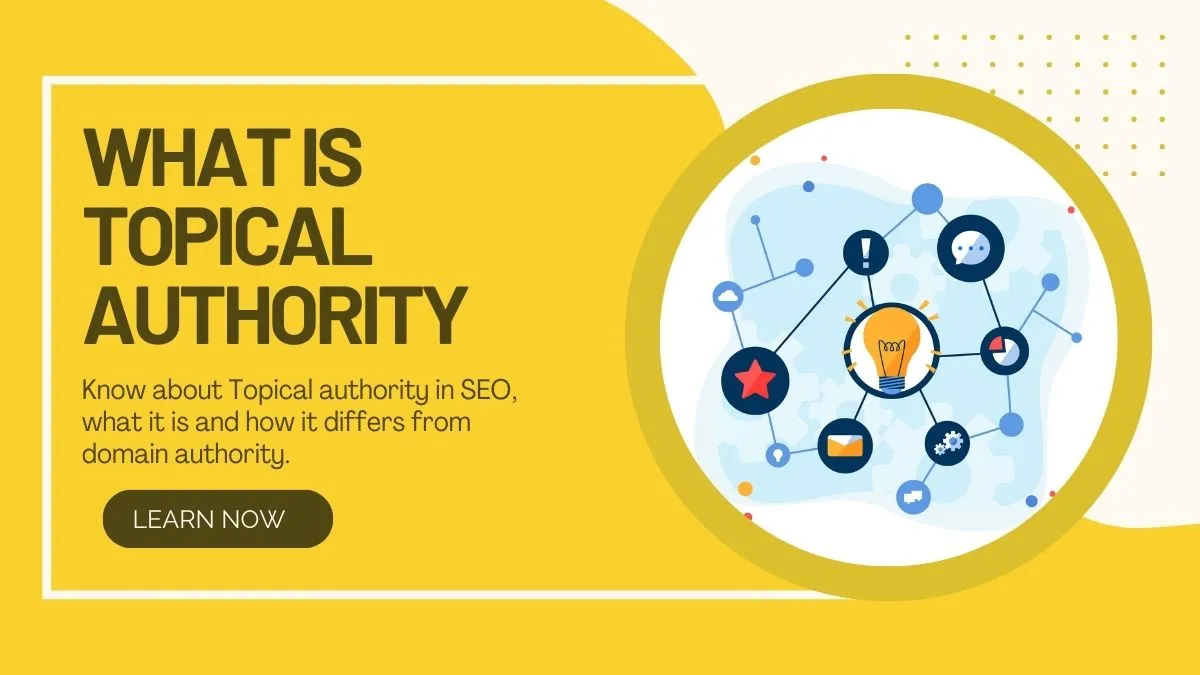
How a Digital Marketing Agency Can Kickstart Your Startup's Growth Journey
Launching a startup is like planting a seed—you nurture it with your vision, water it with hard work, and wait for it to grow. But in a world buzzing with competitors, how do you ensure your budding business doesn’t get lost in the crowd? That’s where a powerful digital marketing strategy for startup business comes in. It’s the spark that gets people talking, clicking, and connecting with your brand. If you’re ready to turn your big idea into the next big thing, let’s explore how to kickstart your growth journey with strategies that truly make an impact.
Stages for Digital Marketing Strategies for Startups
Digital marketing strategies for startups are crucial to building brand awareness, engaging with potential customers, and driving revenue. A well-structured strategy can take startups through every growth phase, ensuring sustained success.
Stage 1: Pre-launch - Setting the Foundation
This phase is all about laying the groundwork for your digital marketing strategy for startup business. It’s the point where anticipation meets strategy, and every move counts toward creating a robust launchpad. Here's what you should focus on:
Market Research and Competitor Analysis
Audience Research: Use tools like Google Analytics, SEMrush, and social listening platforms to define your target audience’s demographics, behaviors, pain points and preferences.
Analyze Competitors: Study what works for similar businesses and find gaps you can fill.
Website Development and SEO
Build a Responsive Website: A fast, mobile-friendly, and SEO-optimized website is essential. Ensure your site is mobile-friendly and structured for smooth navigation, including clear CTAs, and is integrated with analytics tools.
Search Engine Optimization (SEO): Begin building organic reach by focusing on keywords that resonate with your business. Optimize meta descriptions, titles, and blog content. Off-page SEO, such as backlinks from credible sources, can also be initiated at this stage.
Content Marketing Strategy
Create Pre-Launch Content: Create a blog or resource section to offer value-driven content. Focus on long-tail keywords related to digital marketing for startups and your niche. This helps build authority before the product or service launch.
Landing Pages: Design high-conversion landing pages with lead magnets like free e-books or offering early access, discounts, or free trials.
Social Media Teasers
Use platforms like Instagram, Facebook, and LinkedIn to post countdowns, behind-the-scenes glimpses, and early-bird offers.
Leverage hashtags to create conversations around your brand.
Influencer Partnerships
Collaborate with micro-influencers who resonate with your target audience. They can amplify your message at a lower cost than celebrities.
Stage 2: Launch - Building Momentum
Your startup is now live, and it’s time to make some impact! This phase involves putting your brand in the spotlight and ensuring the message reaches your audience effectively. The launch is all about making a splash and maximizing initial visibility.
Paid Advertising
Leverage Google Ads, Facebook Ads, and Social Media Ads to target specific audience segments. A mix of PPC and display ads like “launch offers” or “limited-time discounts” attract immediate attention.
Know more: Boost Your Clickthrough Rates with Effective Banner Ad Design
Content Blitz
Publish high-quality blogs, case studies, or videos showcasing your USP. Highlight the keywords “digital marketing strategy for startup business” and “startup growth strategies” to increase organic reach.
Email Marketing Campaigns
Build an email list by offering early access, free resources, or exclusive discounts. Use this list to nurture potential customers with targeted pre-launch updates.
Social Media Campaigns
Launch hashtag campaigns to engage users and track conversations. For example, a hashtag like #StartupSuccessJourney aligns with the digital marketing for startups theme.
Media Coverage
Issue press releases and reach out to local and niche industry publications to spread the word about your launch.
Landing Pages for Campaigns
Develop dedicated landing pages for specific campaigns or offers. Ensure these pages are visually engaging and conversion-focused.
Public Relations (PR)
Work on getting media coverage through press releases and outreach to relevant publications. PR helps establish credibility and builds buzz.
Live Webinars or Launch Events
Host a live event to engage your audience. Use it as a platform to showcase your product and answer queries in real time.
Stage 3: Post-launch - Maintaining Engagement
Once the initial excitement settles, it’s time to focus on retaining customers and building long-term relationships.
Customer Feedback Loop
Actively seek reviews and feedback on platforms like Google and Yelp to refine your offerings. Positive reviews boost credibility while constructive criticism helps you improve.
Retargeting Campaigns
Use cookies to retarget visitors who didn’t convert during the launch. Platforms like Facebook and Google Ads excel in retargeting.
Engagement Content
Share customer stories, success testimonials, and behind-the-scenes glimpses to humanize your brand.
Webinar or AMA Sessions
Host “Ask Me Anything” sessions or webinars that address industry pain points while subtly promoting your services.
Social Listening
Monitor mentions of your brand across social media to understand public sentiment. Respond promptly to queries or concerns to build a positive brand image.
Continuous SEO Efforts
Update your blog with fresh content, focusing on “digital marketing strategy for startup business” to maintain your SERP rankings.
Loyalty Programs
Implement loyalty programs to encourage repeat purchases. Offer discounts, free trials, or exclusive perks to retain your customer base.
Stage 4: Growth - Scaling Your Startup
Once you’ve stabilized your digital presence, it’s time to scale up and explore new opportunities to ensure sustained growth.
Automation Tools
Implement marketing automation tools like HubSpot or Marketo for tasks like email marketing, CRM management, and analytics.
Content Diversification
Introduce podcasts, white papers, and interactive infographics to capture a broader audience.
Global Outreach
Expand your campaigns to new geographies. Use localized ads and content to resonate with diverse cultures.
Social Media Growth Campaigns
Invest in social media campaigns to tap into new audiences. Experiment with trending content formats like Reels, Stories, and polls.
Scaling PPC Campaigns
Allocate a larger budget to PPC ads, targeting new demographics or geographic locations. Focus on high-performing keywords to ensure ROI.
Affiliate Marketing
Collaborate with affiliates who can promote your services in exchange for a commission, effectively expanding your reach.
Advanced Analytics
Use advanced analytics to identify trends and predict customer behaviors, allowing you to refine your startup growth strategies further.
Collaborations and Partnerships
Partner with complementary brands or service providers to expand your reach. Joint ventures can open doors to new customer segments.
Also learn: Top 10 Digital Marketing Challenges with Solutions
Essential Add-Ons for Successful Digital Marketing for Startups
1. Performance Tracking and Analytics
Tracking your performance is critical at every stage. Use tools like Google Analytics, SEMrush, and HubSpot to monitor metrics such as website traffic, conversion rates, and customer engagement. Real-time insights allow for timely adjustments to your strategy.
2. Content Marketing as a Growth Lever
Content marketing is not just a phase but a continuous endeavor. Blogs, videos, and user-generated content are pillars of digital marketing for startups. Focusing on evergreen topics ensures long-term traffic.
3. Community Building
Engage with your audience through forums, Facebook groups, or LinkedIn communities. A loyal customer base acts as brand ambassadors, significantly boosting your visibility and credibility.
4. Personalization and Customer-Centric Marketing
Leverage AI-driven personalization to tailor experiences for your audience. Personalized email campaigns, product recommendations, and content ensure higher engagement and conversion rates.
5. Crisis Management and Adaptability
The digital landscape is unpredictable. Be prepared with a crisis management plan that includes swift responses to negative feedback, data breaches, or PR mishaps.
6. Budget Allocation
Allocate your marketing budget wisely, prioritizing high-ROI strategies like PPC and SEO in the early stages.
7. Choosing the right digital marketing agency
For startups seeking a digital marketing strategy for startup business, Marko and Brando is the best digital marketing agency in Kolkata. Offering a 360° approach, we provide everything from SEO and PPC to social media management and influencer marketing.
Whether you're pre-launch or scaling, we deliver unparalleled support, turning challenges into opportunities. Our hands-on approach makes them the ideal partner for startups aiming for success.
FAQs:
How to Boost Your Startup’s Online Presence with an Agency?
A digital marketing agency can elevate your startup's online presence through SEO, social media, content, and PPC. They pinpoint the right strategies, reach your target audience, and optimize campaigns to ensure your brand stands out.
How Digital Marketing Agencies Help Startups Achieve Growth?
Agencies fuel startup growth by crafting custom strategies that drive traffic, generate leads, and convert customers. Their expertise in analytics and optimization ensures scalable, sustainable growth.
Why Startups Need Digital Marketing Agencies?
Startups need agencies for expert strategies and efficient execution. Agencies save time, maximize ROI, and let you focus on your core business, all while driving growth and visibility.

Article by
Marko & Brando
For businesses looking for impactful digital marketing services, Marko & Brando is the name to trust. Our data-driven strategies ensure maximum ROI, helping your brand reach new heights. Experience the power of digital transformation with our expertise.






